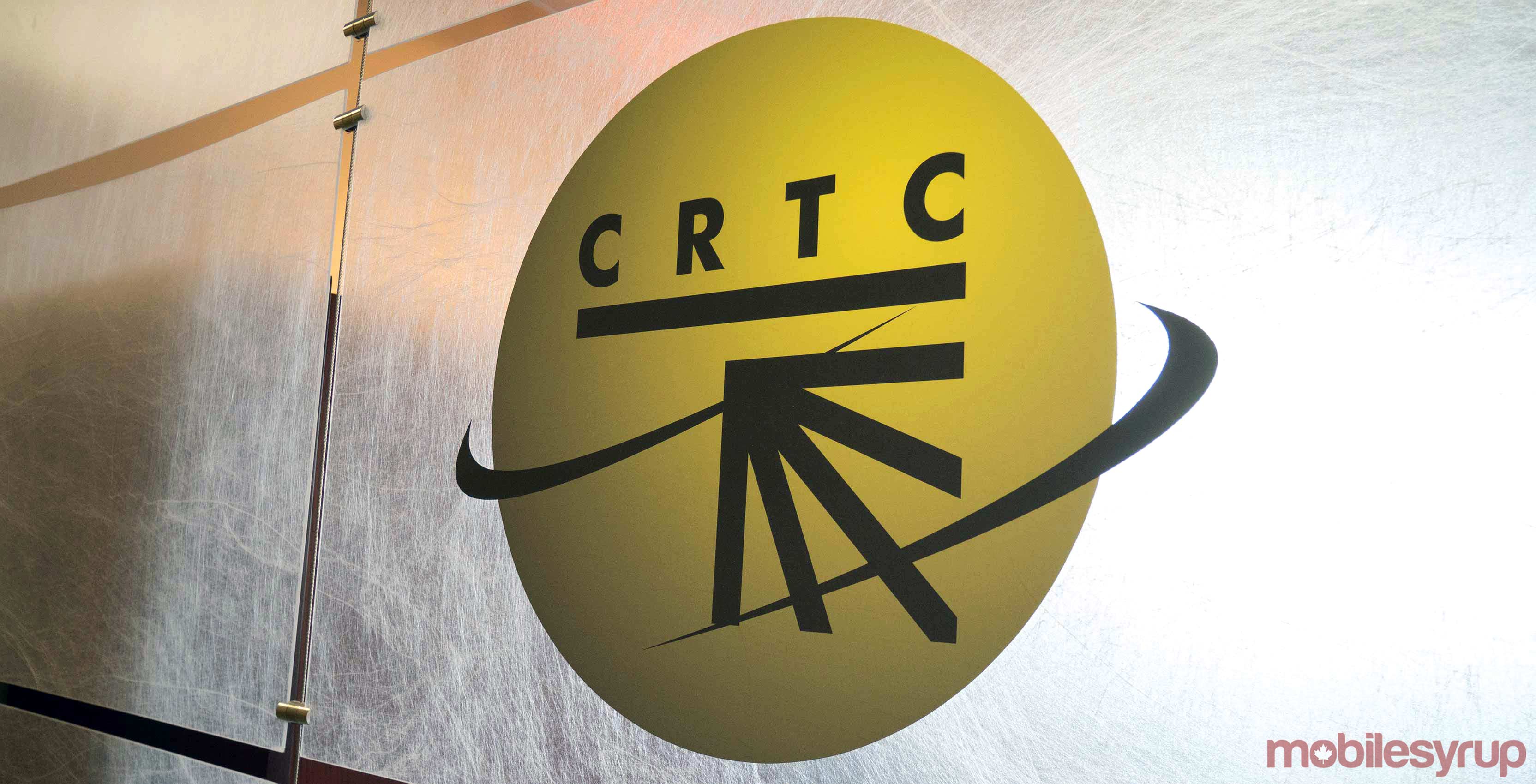
In a joint venture, Canada’s largest cable companies Rogers, Shaw Communications, Eastlink, Cogeco, and Videotron, have filed a petition to the Governor in Council to reverse the CRTC’s wholesale rate changes.
The petition comes shortly after Bell also filed its petition to have the decision be reversed to what it originally was before. The new rates were announced in August and the Canadian Radio-television and Telecommunications Commission (CRTC) said that they were lower than the interim wholesale rates implemented in 2016, which were also set to foster competition at the time.
Wholesale rates are paid by competitors — such as TekSavvy or Distributel — which then get access to high-speed networks of larger telecommunications companies like Bell, Rogers, Telus and Shaw. Rates are set so that incumbents can charge for this access after the CRTC reviews information regarding how much it costs to operate networks.
Because of the rate change, the resellers have been able to reduce the cost of home internet services for customers, while at the same time bigger carriers feel like they’re not getting fair value from the decision.
Shaw writes in a press release that the decision “establishes wholesale broadband rates that are radically lower than those that have applied since 2016 and requires cable companies to offer access to resellers at rates below their own costs.”
The companies note the CRTC “should be required to take a balanced approach to achieving the government’s key public policy objectives of affordability, competition, investment, innovation and the expansion of high-speed internet access to rural and remote communities.”
The cable companies filed to appeal the decision to the Federal Court of Appeal in September. The court granted a temporary stay to the companies, which essentially suspends the CRTC’s final rates for the initial part of the proceeding until the Federal Court of Appeal decides whether to hear the requests made by the companies.
Until then the companies won’t have to follow the final rates for what internet service providers can charge smaller companies for network access. They also won’t be required to pay over $225 million CAD to third-party ISPs in retroactive payments.
“Access to high-speed internet services is critically important to Canada’s economy, as well as to the ability of Canadians to live, work and socialize with each other and to participate fully in society. In connecting Canadians from coast to coast, and driving economic development and innovation, the expansion of high-speed internet access is as important to Canada today as construction of railways was more than a century ago,” the companies’ submission indicated.
Like Bell’s submission, the cable companies say that the new rates are “indefensibly low,” and that the “new wholesale rates will not allow the cable carriers to recover their costs, let alone earn a reasonable rate of return on the massive investments they have made and had intended to continue making in Canada’s wireline networks.”
According to the submission, the companies indicate that changing the rates to help resellers will reduce “operating margins by an amount that translates to as much as 54 percent of their planned investments in expanding and improving their broadband networks over the next five years.”
The cable companies argue that this will affect their business and their willingness to invest in network expansion particularly in rural and remote areas. This argument was also reflected in Bell’s submission.
The cable companies are suggesting that the decision be sent back to the CRTC for reconsideration.
Source: Shaw Communications
MobileSyrup may earn a commission from purchases made via our links, which helps fund the journalism we provide free on our website. These links do not influence our editorial content. Support us here.


